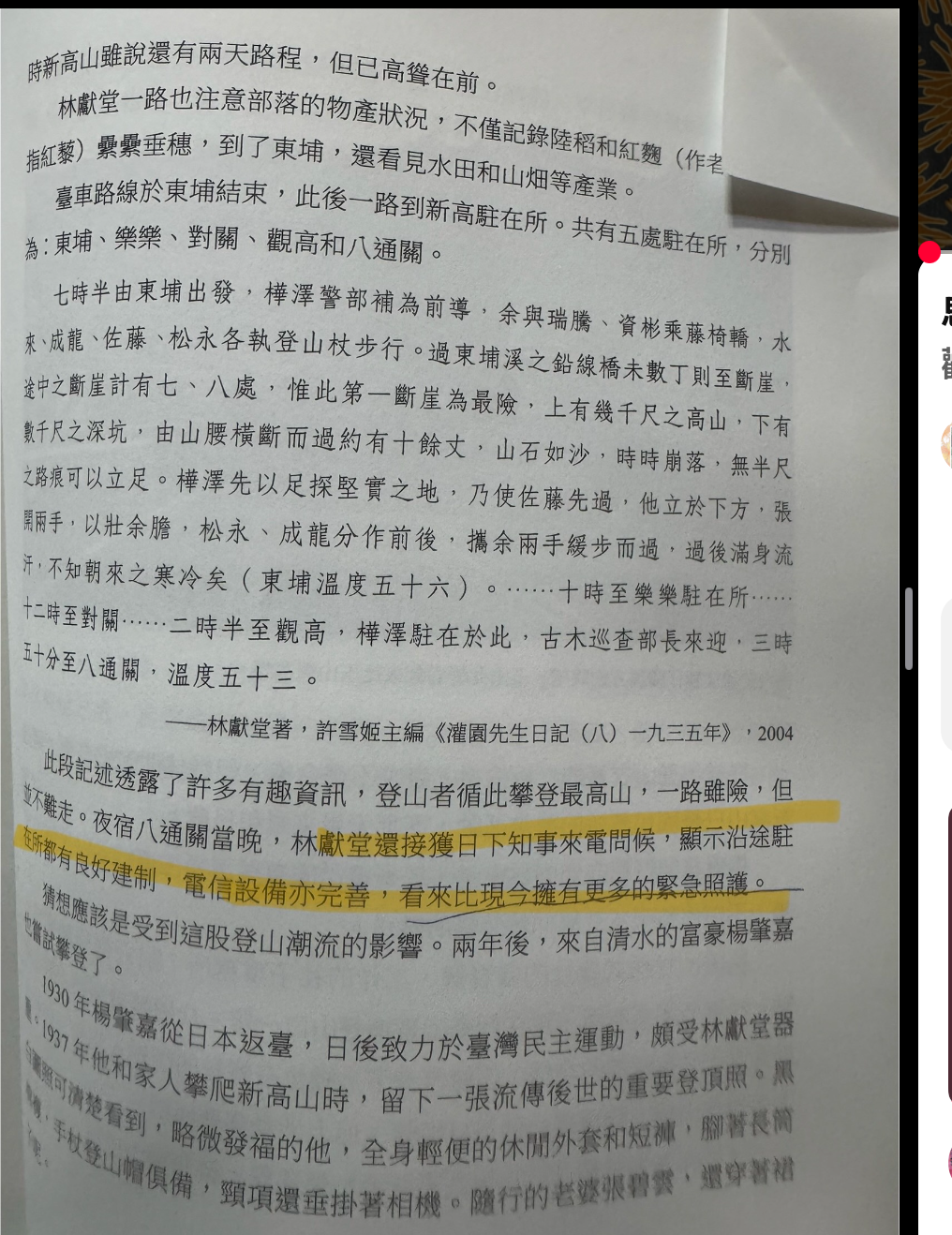肉搜
大家好!
分享我喜愛的詩:
樓外輕雷枕上聽,
中年心事自飄零,
怕看舊識逐頭白,
難得新交入眼青,
浮生不若絲與竹,
陶寫悲情祇佛經。
佚名
我好像被肉搜?
什麼3千年前1萬年前的雞毛蒜頭的事都被挖出來!
有人給我一個人名,我看到那個人名都快笑死。
有一次不知道在哪個地方也是附近的地方吧?
一群男生在那裡七嘴八舌的吵架,我湊熱鬧過去看。
等他們吵完那個吵得最兇的男生,我問他的名字,
說一說他竟然是我堂姑媽的兒子-表哥。
反正我也習慣好像走到哪裡都有親戚,所以他冒出來我只覺得好笑,又多認識一個親戚。
他是自負型書生的人,他認為他是仗義直言,就這樣跟他聊起來,很多書都跟他借,
一直到他考上淡江輪機系(靠海)都是拿當年的禁書在看,他考入大學以後拿得更多,由於是禁書,所以都一副偷偷摸摸的樣子,
那兩三年裡我跟他來往頻繁,大部分都是書上面的事,借書跟討論。
他也ㄧ付是我老大的姿態。
出家以後有一次他看我在讀《大藏經》還傳授他的聯考心得給我,希望我把佛經唸好。
再來各奔前程了,
十幾年後他來潮州找我,帶表堂姑媽跟他的太太、2個兒子。
堂姑媽很得意,他有一個台大的媳婦,但我覺得他老婆怪怪的,故意在我面前對他吆來喝去,英氣盡失,我心想這傢伙結婚完了!(哈)
堂姑媽竟然暗示我跟他可能有感情過,原來!
我想罵他死傢伙你都沒有幫我辯解嗎?
但想一想都是看禁書,他媽媽也不懂跟她講有什麼用?講了,她也不會理解的。
送他們出門的時候,我在心裡唸了一句「兄弟」再見👋
(從共同讀的書籍中談天說地,到現實生活的必需,有一種無可再追只能隨時光而去。
這段時期的閱讀量也墊下日後的基礎,表哥到底是不錯的。)
半寄
(台北書展基金會監事郝明義表示,以往台灣禁書的理由有以下十項:一、作品有共產思想:如馬克思的著作《共產黨宣言》及《資本論》等;二、1949之後留在中國的文人作品:如魯迅的《阿Q正傳》、老舍的《駱駝祥子》等;三、在香港或海外比較和中國有聯繫的人:如金庸的小說;四、與「228事件」及台灣日治時期相關的事和人:如史明的《台灣人四百年史》;五、白色恐怖階段:在台灣擁有自由思想的人,以及其他受害者的書,例如雷震的《自由中國》雜誌和殷海光的著作。)
Doxed
Greetings,
friends of NanZen!
I think I’ve been doxed?
It’s like someone dug up every little thing
from 3,000 or even 10,000 years ago—nothing too small to uncover! Someone even told
me a name, and when I saw it, I nearly died laughing
One time—somewhere nearby, I think—there
was a group of guys loudly arguing. I went over to watch.
After the loudest one finished yelling, I
asked him his name.
And guess what? He turned out to be my
cousin—my dad’s cousin’s son!
I’m used to running into relatives
everywhere, so I just found it funny. One more cousin I hadn’t known!
He was the righteous bookish type.
He thought of himself as someone who spoke
out bravely for justice.
We started talking and ended up bonding
over books. I borrowed a lot from him.
Even when he got into the marine
engineering department at Tamkang University (by the sea), he was still reading
banned books from back in the day.
After starting college, he got even more of
them. Since they were banned, he always acted like it was some secret mission.
During those two or three years, we were in
touch a lot, mostly borrowing books and talking about what we read. He always
acted like he was the older brother in charge
After I became a Buddhist nun, there was
one time he saw me reading the Tripitaka
and shared his university entrance exam tips with me—hoping I’d study the
sutras well. Then life took us in different directions.
Over ten years later, he visited me in
Chaozhou, bringing my aunt, his wife, and their two sons.
My aunt was really proud that her son had
married a National Taiwan University graduate.
But I felt his wife was kind of weird—she
kept yelling at him in front of me, and all his proud spirit was gone.
I thought, “Wow, marriage really ruined
him!” (LOL)
Then my other aunt even hinted that maybe
we had feelings for each other in the past.
What?! I wanted to yell at him, “You didn’t
even try to explain?”
But thinking about it—our bond was all
about those banned books. His mom wouldn’t understand even if I explained. No
point saying anything.
When I saw them off, I silently said in my
heart, “Goodbye, brother. 👋”
(From those days of reading and deep
conversations, to the real world and everyday life…
It’s something we can’t go back to. But
those years of reading laid the foundation for a lot that came after.
He really was a good cousin.)
Banji
(Hau Ming-Yi, a supervisor at
the Taipei Book Fair Foundation, explained that books were banned in Taiwan in
the past for ten main reasons. Here are five of them:
1.
Books with communist ideas – like The Communist
Manifesto and Das Kapital by Karl Marx.
2.
Books by writers who stayed in China after 1949 – such as The True
Story of Ah Q by Lu Xun and Rickshaw Boy by Lao She.
3.
Writers in Hong Kong or overseas who were seen as close
to China – for example, novels by Jin Yong.
4.
Books about the 228 Incident or the Japanese colonial
period in Taiwan – like Taiwan’s 400-Year History by Su Beng.
5.
Books from the White Terror period – including works by
people in Taiwan who supported free thinking or were victims, such as the
magazine Free China by Lei Zhen and books by Yin Haiguang.)




.jpeg)